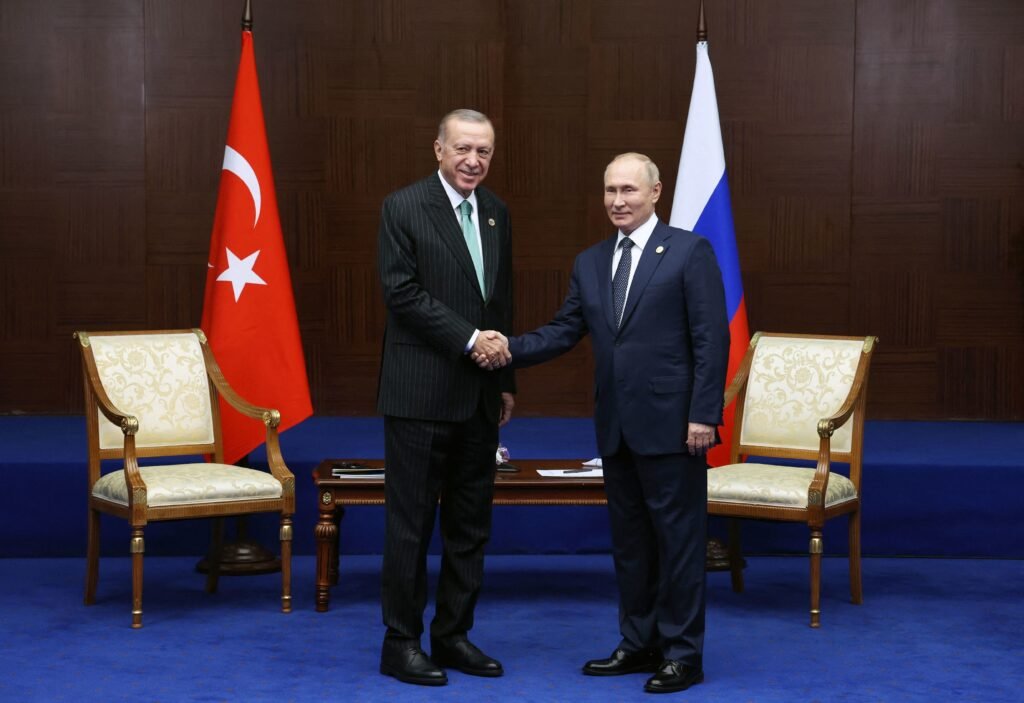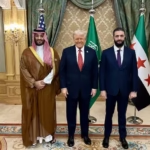Key Points:
- Ukrainian President Zelenskyy has confirmed plans to meet Russian President Putin in Turkey.
- The meeting is seen as a potential turning point in the ongoing war.
- Zelenskyy says Putin’s presence would signal a genuine desire for peace.
- The EU has threatened stricter sanctions on Russia if talks stall or fail.
- Turkey plays a pivotal role as a neutral ground for the discussions.
Background of the Conflict
The war between Ukraine and Russia, which began with Russia’s full-scale invasion in February 2022, has resulted in massive casualties, destruction of infrastructure, and a global geopolitical crisis. Over the past three years, multiple rounds of indirect negotiations have failed to bring about a lasting resolution. Ukraine has consistently demanded the withdrawal of Russian forces and restoration of its territorial integrity, while Russia has insisted on terms that reflect its strategic and political interests.
Why Turkey?
Turkey has emerged as a strategic location for the latest proposed round of direct peace talks. Positioned between East and West both geographically and diplomatically, Turkey has maintained relations with both Kyiv and Moscow throughout the conflict. Turkish President Recep Tayyip Erdoğan has previously hosted negotiations and brokered key deals, including the now-defunct grain export agreement.
By choosing Turkey, both Ukraine and Russia may benefit from a neutral and influential mediator capable of facilitating difficult conversations in a secure and respected setting.
Zelenskyy’s Standpoint
Ukrainian President Volodymyr Zelenskyy has made a bold move by agreeing to meet with his Russian counterpart directly. He stated that Vladimir Putin’s participation in the talks would indicate a real commitment to ending the war. If Putin fails to attend, Zelenskyy argues, it would show the Kremlin has no real interest in a peaceful resolution.
This firm yet open stance underscores Ukraine’s continued willingness to pursue diplomacy, despite enduring years of military aggression and territorial occupation.
The European Union’s Role
The European Union has responded to the upcoming talks with cautious optimism. However, EU leaders have warned that a lack of progress could result in even stricter sanctions against Russia. Brussels has emphasized that time is running out for a peaceful resolution and that continued Russian intransigence will not be tolerated.
The EU’s involvement adds pressure to the negotiations and serves as a reminder that the global community is watching closely.
Challenges Ahead
Despite the opportunity, there are major obstacles to success:
- Mistrust between the two nations is at an all-time high.
- Russia still controls significant portions of Ukrainian territory.
- Domestic political pressures in both countries may limit negotiation flexibility.
- The military situation on the ground remains fluid, with ongoing fighting in several regions.
Conclusion
The proposed peace talks in Turkey represent a crucial moment in the ongoing Ukraine-Russia war. Whether they lead to genuine steps toward peace or become another failed diplomatic attempt remains to be seen. However, the world holds its breath as the possibility of ending one of the most devastating conflicts of the 21st century comes into focus once more.



